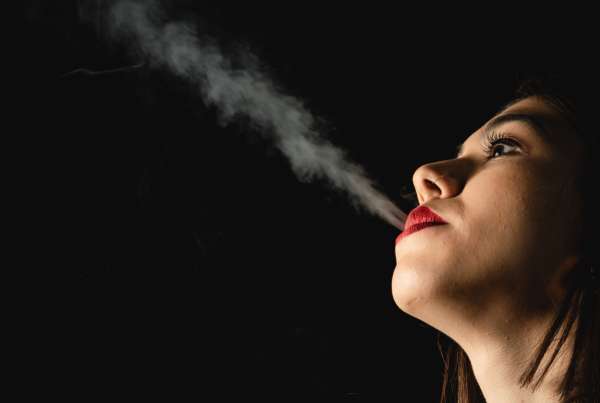When an individual is struggling with a substance abuse problem, the addiction may not be the only issue. Mental illness may be muddying the waters of treatment and recovery. When both substance abuse and mental illness are present at the same time, known as a dual diagnosis, treatment of both problems will be required if recovery is to be successful.

Cause and Effect
While it is not unusual to see mental illness and substance abuse at the same time, determining which issue led to the other can be complex. In some cases, the mental illness was present first, and the person used drugs or alcohol to “self-medicate” or find temporary relief from symptoms. In other cases, regular substance abuse may lead to a mental illness like depression or worsen symptoms of a current illness, making it more visible.
Even when drugs or alcohol appear to make the symptoms of a mental illness better, the positive effects are just temporary. Without professional treatment of both the mental illness and the substance abuse, recovery from either is much more unlikely. If the drugs or alcohol bring on or exacerbate the symptoms of a mental illness, treatment may be that much more challenging.
Common Mental Illnesses
There are a number of mental illnesses that commonly accompany a substance abuse problem:
- Depression
- Bipolar disorder (manic depressive disorder)
- Anxiety disorders
- Post-traumatic stress disorder
- Personality disorders
When both the substance abuse and the mental disorder are present at the same time, a dual diagnosis can and should be made. In these situations, it is important to address both problems simultaneously to ensure the best possible outcome for the patient.
Treating Both Problems
It is important to select a treatment facility experienced in treating a dual diagnosis. Detox is often the first treatment step, if the person has been drinking or using daily. Once detox is completed, getting off the substance is usually the next step. Someone who is still using or drinking will not be receptive to mental disorder treatments like talk therapy and counseling. In addition, some patients may require medication to treat their mental disorder, which should not be combined with other substances.
While a dual diagnosis may seem like a hopeless situation, there is hope for a successful treatment and recovery process. At Visions Adolescent Treatment Centers, we have a full staff of professionals that can address both mental illness and addiction. Through a variety of programs, we offer the support and treatment needed to bring the individual out of the dark place of illness and addiction and into a life of health and sobriety. To learn more, contact Visions at 866-889-3665.
Originally posted on April 22, 2015 @ 1:50 pm






